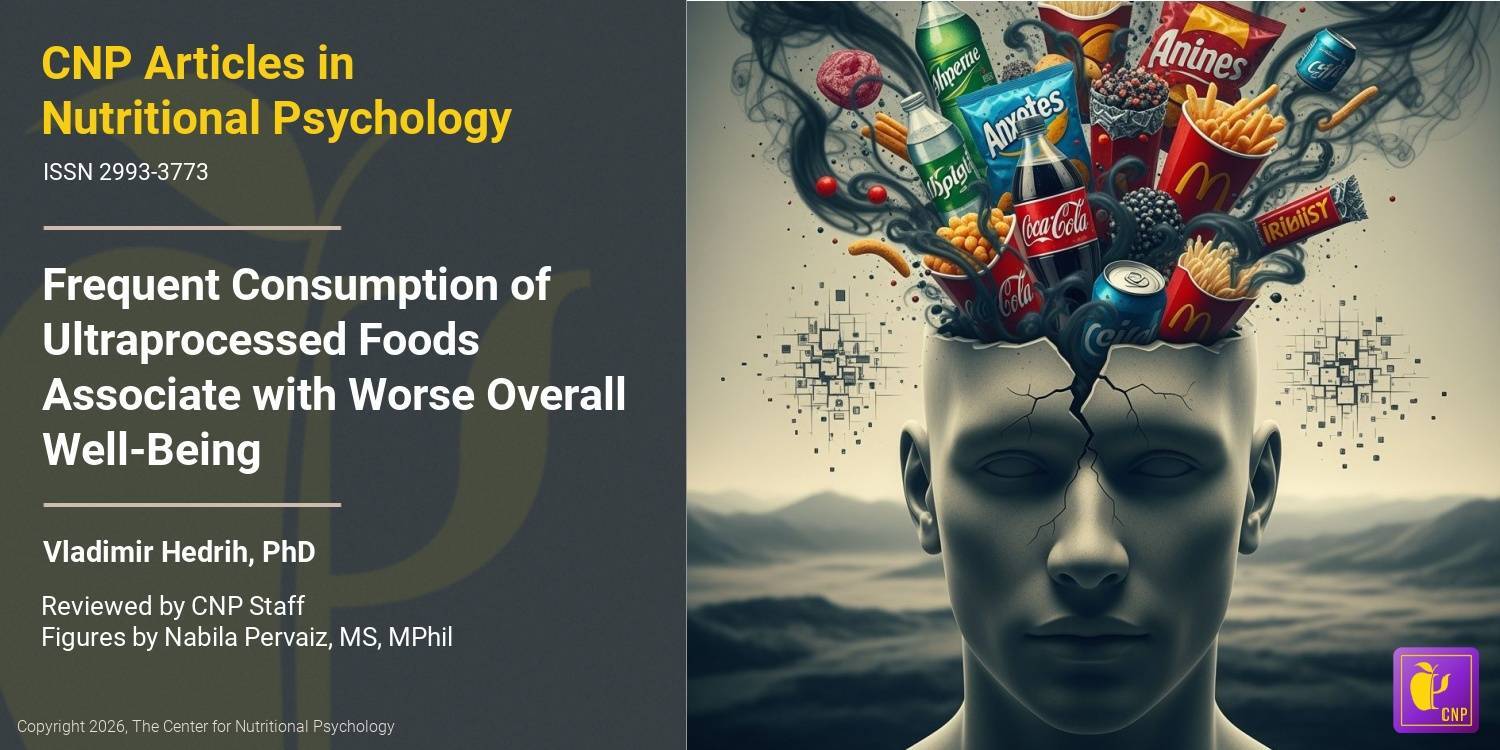Is comfort food actually comforting for emotional eaters? A (moderated) mediation analysis
This 2019 study aimed to replicate a previous finding of the mediatory role of food palatability in the association between food intake and immediate mood enhancement, but this time using mediation and moderated mediation analysis on data extracted from 2 experiments on non-obese female students. Twenty-nine participants from Study 1 self-reported mood and eating satisfaction, revealing “eating satisfaction” acted as a mediator between consumption and decrease in sadness/increase in happiness. While Study 2 (n = 74) involved measuring mood, tastiness of food consumed and emotional eating after a control or a stress task was performed (modified Trier Social Stress Test). There was a significant positive mediation effect of tastiness between food intake and mood improvement in the high emotional eaters, but also a significant negative mediation effect of tastiness between food intake and mood improvement in the low emotional eaters. These results imply that tastiness promotes ‘comfort’ from food in female emotional eaters, but conflicts in non-emotional eaters with a tendency to eat less when stressed. Van Strien et al. (2019) found that palatable food may provide comfort, especially for high emotional eaters during eating. [NPID: sugar, processed food, mood enhancement, meditation, eating satisfaction, happiness, stress task, stress, emotional eating, comfort food]
Year: 2019

 Navigation
Navigation






